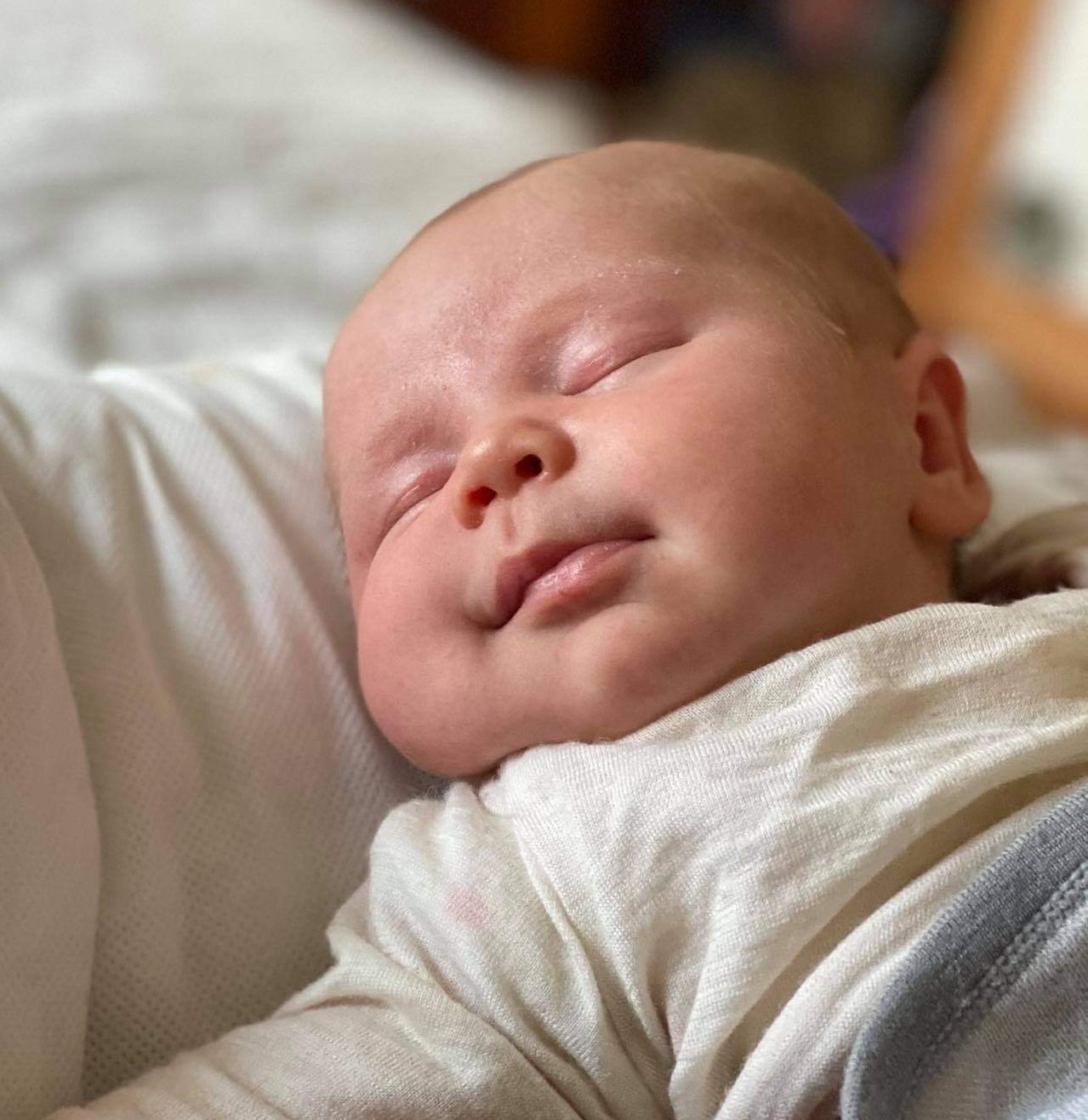
Baby Facts:
A newborn baby’s head accounts for about 25% of his/her entire weight!
After your baby is born the human brain grows rapidly, more than doubling to reach 60 percent of its adult size by baby’s first birthday.
A newborn baby’s heart beats 130 to 160 times per minute, about twice the heart rate of a normal adult.
Your baby is born with very sophisticated hearing and can work out where a sound is coming from just 10 minutes after being born.
A baby can breathe and swallow at the same time until 7 months of age.
When babies are born, they have 300 bones. Their bones fuse as they grow and, eventually, the will have 206 bones (the number adults have).
Newborns are only able to focus 20 - 25 cm from their face (perfect when breast feeding!). They also prefer black and white, high-contrast images to colored, graphic ones.
A newborn typically sleeps up to 16 or 17 hours a day, but as you may have noticed, they don’t sleep for long. Usually 2 to 4 hours per sleep for the first few weeks of life.
Photograph by permission of friends & whānau

Dad Facts:
Fathers provide significant contributions to their children's development-and do so in ways that are different from mother's :
Fathers often use advanced language around young children, which promotes language development.
Fathers tend to prioritise rough-and-tumble play, exploration and play more than caretaking. This helps to establish independence and positive social skills.
Positive father engagement is linked to better outcomes on child well-being, including cognitive development, self-esteem, and pro-social behaviour.
Photograph by permission of friends & whānau

Mum Facts:
Every female fetus, including your mother, developed all the eggs she will ever have while as a fetus herself still inside of her own mum. Because one of those eggs ultimately developed into you, this means you started your life inside of your grandmother!
The fetal heart races faster when hearing its mother's voice vs. a stranger's voice.
A mother's voice also eases older children's stress just as much as a real-life hug.
The sound of mum's voice lowers a child's stress hormone, cortisol, and raises their level of oxytocin, a hormone linked with love and bonding.
The average Mum will have changed approximately 7,300 nappies by the time her baby reaches age two!
Photograph by permission of friends & whānau